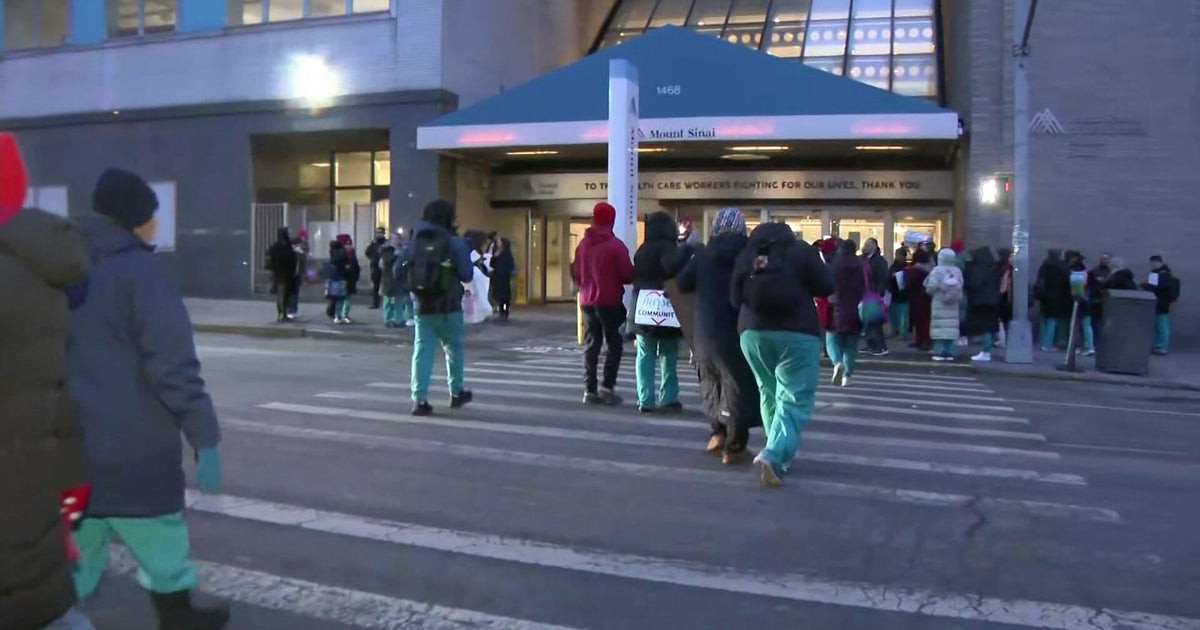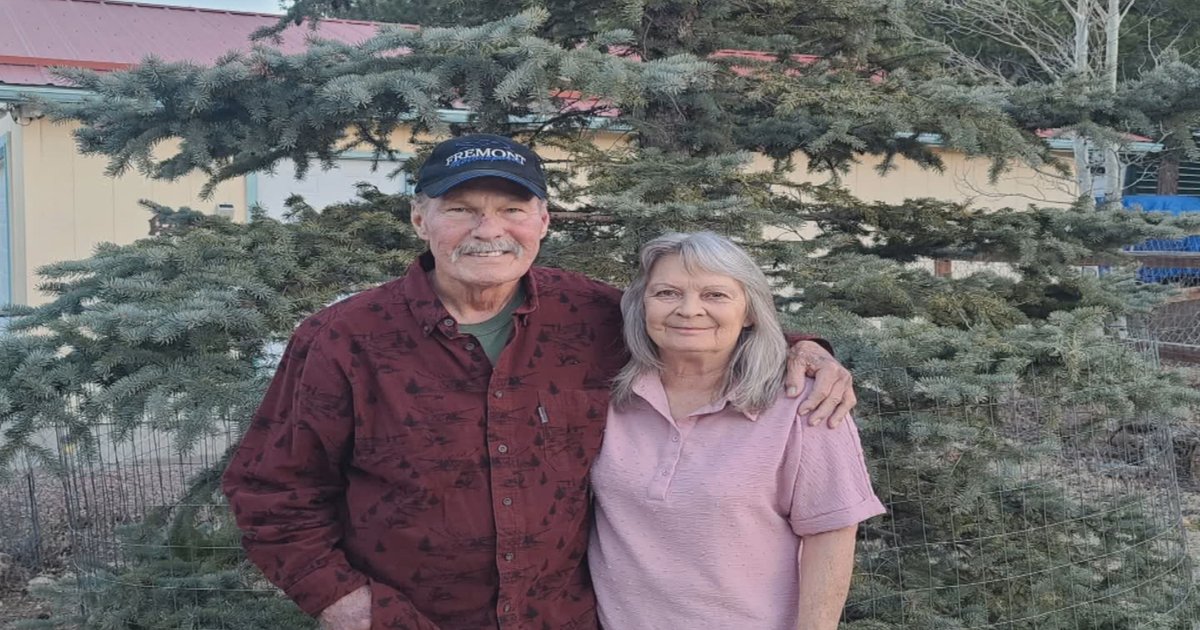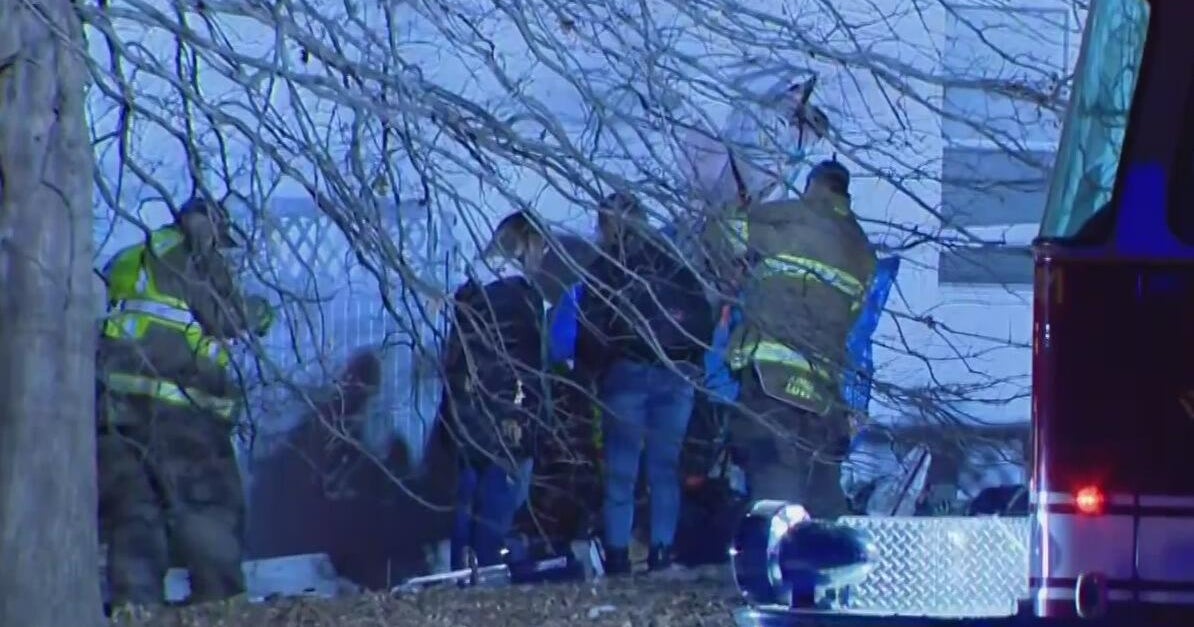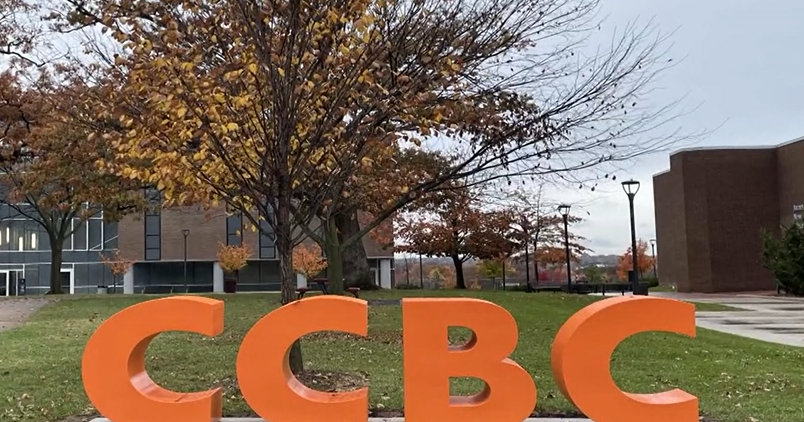Near Breaking Point In COVID-19 Pandemic, Hospitals Get Aggressive To Hire More Nurses
CHICAGO (CBS) -- Stretched thin even before a global pandemic, the national shortage of nurses - who are needed more than ever - has made a mark here in the Chicago area.
"A lot of us are concerned the healthcare system is going to break," said Paul Pater of the Illinois Nurses Association. "Nurses are at their own breaking point."
To help fill the gap, hospitals are offering signing bonuses, incentives and unique programs for graduating students, who face constant changes, a never ending learning curve and wide open eyes.
"It's a good scary, because it's allowing me to keep my mind open through nursing school and really just want to help," said Kristin Kavalauskas, a nursing student at Lewis University. "Part of me is just really excited to graduate and help where it's needed."
One recent Lewis University nursing graduate agrees.
"It's intimidating," said Jennifer Schoenheider. "It's a little bit scary to join the field at this time. But it's reassuring to know that my classmates and I are going to join the field and support that shortage."
Kristin and Jennifer both said they chose the field to help people - to make a difference. They've already seen the impact of the nursing shortage firsthand.
The shortage has led to unique opportunities for those entering the field, and those willing to pick up extra work to fill gaps largely left by COVID-19.
Some area hospitals are partnering up to offer more money for nurses willing to pick up shifts. Nurses at AMITA St. Joseph's Medical Center have received an extra $50 an hour to pick up shifts at the Joliet hospital.
Hospitals in the suburbs are adding incentives to encourage nurses to increase their workload, too. One is offering nurses working 12 hour shifts an extra $30 an hour, plus $1,200 if they pick up three shifts within six weeks and an extra $3,000 if they pick up six shifts in that time.
"It's appealing that there are so many bonuses and incentives for overtime and incentives for working X amount of days in a row, but it comes down to patient safety and personal burnout," said Schoenheider. "And I think that's something institutions need to consider before implementing some of these incentives and concerns for overworking."
Something Pater, with the Illinois Nurses Association, echoed. That's why the union fought for an overall hourly increase at UIC.
"We negotiated an additional $15 an hour, for every hour worked, regardless of whether or not you're picking up additional shifts."
Lewis University just started a program with Silver Cross Hospital. Students who go on to work with the hospital after graduation are eligible for up to $27,000 of student loan repayment over four years.
"I think we all have to think creatively into ways that we can attract younger or new people into the profession," said Michael Mutterer, Chief Nursing Officer at Silver Cross Hospital.
The hope? To address the shortage and keep passionate talent local "to be able to serve the population that both of our organizations are in," Mutterer said.
"Nurses are needed," said Kavalauskas. "We need to get through school so we can help everyone out."
About 20% of current nurses, on the low end, are expected to retire and leave the field within the next five years.
Mutterer said programs like the one at Silver Cross hospital, hope to not only bridge the gap but encourage students to get into the field.







